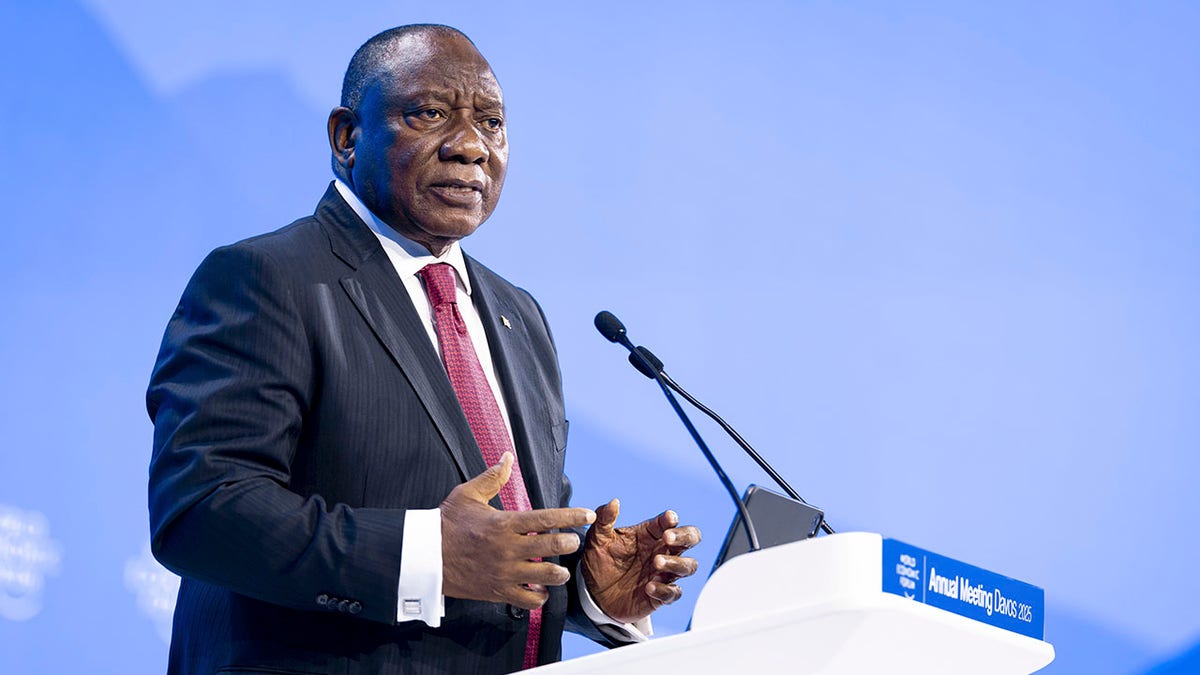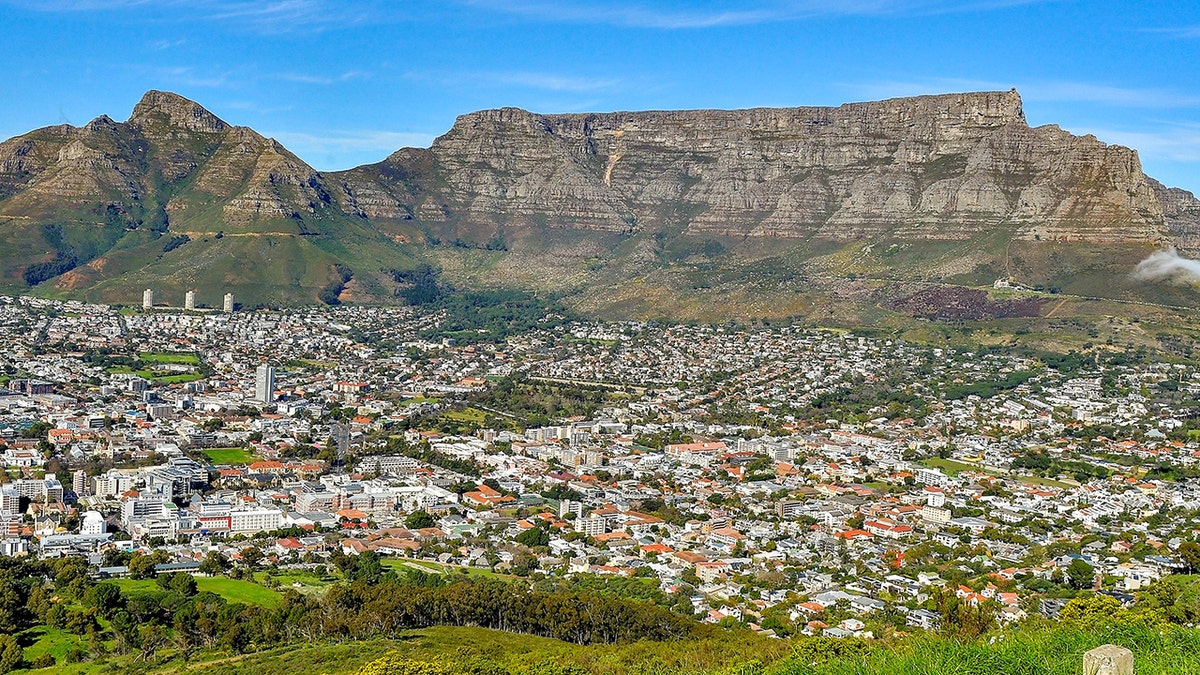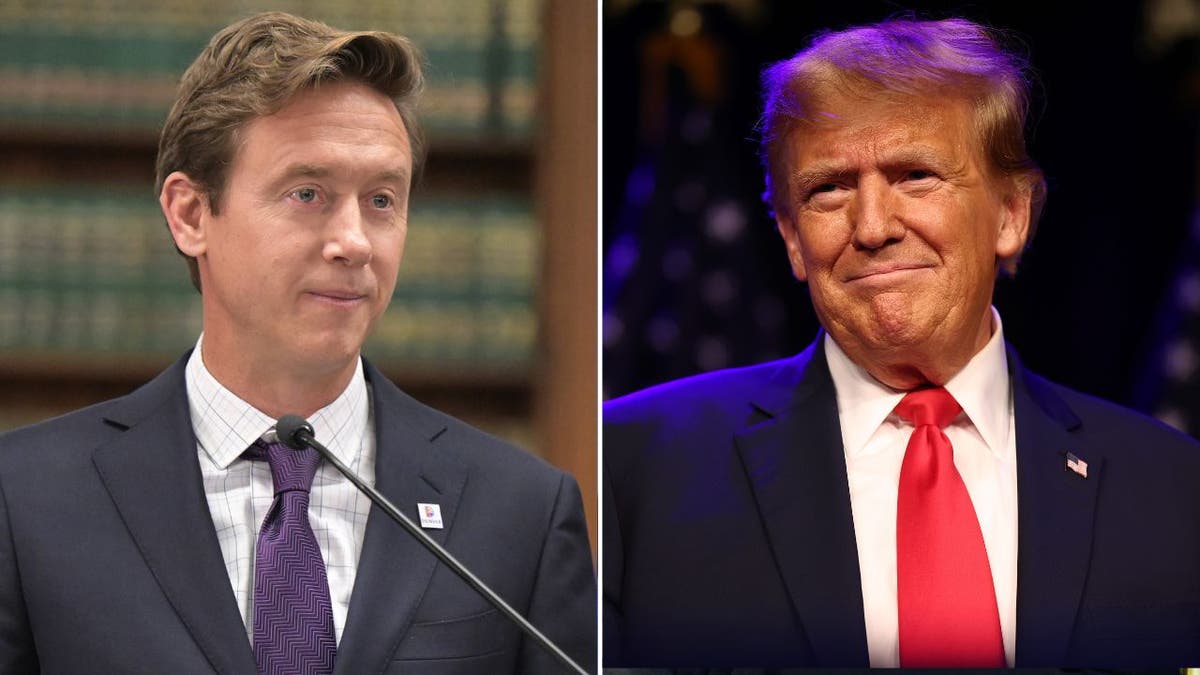South African President Cyril Ramaphosa has enacted a law allowing the government to seize land without compensation under specific circumstances, a move generating significant debate within the country. This new legislation replaces the 1975 Expropriation Act and sets out the grounds for state expropriation.
While the ruling African National Congress (ANC) celebrates the law as a landmark achievement toward land redistribution, opposition parties and some government members express concerns about its potential impact on private property rights. The law aims to address the historical imbalance in land ownership, where a small White minority still holds a disproportionate share of farmland decades after the end of apartheid.

The legislation permits expropriation without compensation only when deemed "just and equitable and in the public interest." This includes situations where land is unused with no development plans or poses a safety risk. Presidential spokesperson Vincent Magwenya emphasized that expropriation cannot be arbitrary and must serve a public purpose. The government must also first attempt to negotiate a reasonable purchase agreement with the owner.

Despite these assurances, the Democratic Alliance (DA), the second-largest party, opposes the law and is consulting legal experts. While the DA acknowledges the need for land reform, they question the parliamentary process leading to the law's enactment. The Freedom Front Plus, representing the White minority, plans to challenge the law's constitutionality.

This new law has ignited a complex debate about land ownership, historical injustice, and property rights in South Africa, with potential legal challenges and political ramifications ahead.








